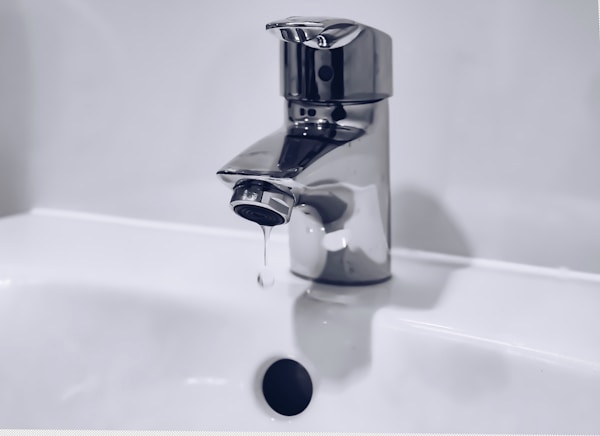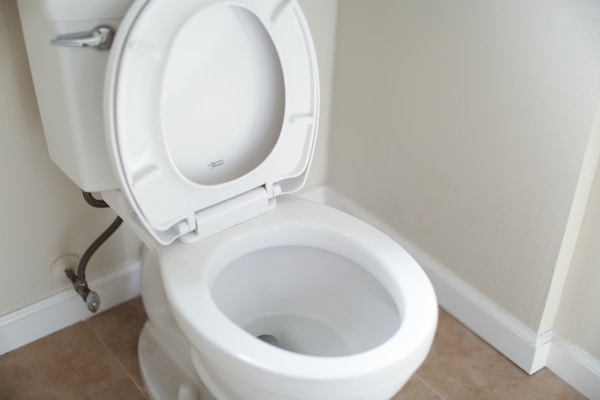If you're a homeowner, you know that plumbing problems can be a huge headache. From a dripping faucet to a clogged drain, plumbing issues can cause a lot of stress. But don't worry: There are ways to prevent and address plumbing problems such as the plumbing specialist in UK. Keep reading to learn more.
Regular Inspection
One of the best ways to prevent plumbing problems is to inspect your plumbing system regularly. This means checking for leaks, corrosion, and blockages. Leaks can be caused by worn seals or gaskets, and they can usually be fixed by replacing these parts. Corrosion can be addressed by using a rust inhibitor or sealant. Blockages can often be cleared with a plunger, but if they are severe, you may need to use a snake or auger. If you are having trouble fixing a plumbing problem yourself, it is always best to call a professional Palatine plumbing company or a plumbing company wherever you are located.
If you suspect a water heater leak, the first thing you should do is shut off the water supply to the heater. If the leak is coming from the tank, it will stop leaking when the water is turned off. Once the water is turned off, you can determine where the leak is coming from and take corrective action. If the leak is coming from a fitting or valve, you may be able to tighten it or replace it. If the leak is coming from a crack in the tank, you will need to replace the water heater. Call a plumber for assistance and recommendations for a new water heater.
A leaky faucet can be a minor annoyance or a sign of a more serious plumbing problem. Regardless of the severity, it's important to address any leaks as soon as possible. First, shut off the water supply to the faucet. There should be a valve near the faucet that you can turn to shut off the water. Open the faucet to release any pressure in the system and remove the handle of the faucet. There should be a screw at the top of the handle that you can remove to take the handle off. Remove the screw at the base of the faucet. This will release the faucet from the sink. Check the washers and seals at the base of the faucet. If they are worn or damaged, replace them. Reattach the faucet to the sink and reattach the handle. Finally, turn on the water and check for leaks.
If you can't fix the leaky faucet yourself, or if the problem is more serious, you may need to call a plumber.
There are a few things that you can do to help prevent your toilet from clogging. First, make sure that you only flush toilet paper and human waste down the toilet. Do not flush any other type of material, such as wet wipes or sanitary napkins, as these can easily lead to a clog. Additionally, be sure to regularly clean the toilet bowl and the area around the toilet with a disinfectant cleaner to help prevent any build-up that could lead to a clog.
If your toilet is clogged, there are a few things you can do to try to clear it. The easiest way to unclog a toilet is to use a plunger. Put the plunger over the drain in the toilet and push and pull the plunger up and down until the clog is cleared. If the plunger doesn't work, you can try using a plumbing snake. Put the snake down the drain and push and pull it until the clog is cleared. If the plunger and the snake don't work, you can try using a chemical drain cleaner. Pour the drain cleaner down the drain and let it sit for a few minutes, then flush the toilet. If you are still unable to clear the clog yourself, contact a plumber for assistance.
Water Heater Leaks
If you suspect a water heater leak, the first thing you should do is shut off the water supply to the heater. If the leak is coming from the tank, it will stop leaking when the water is turned off. Once the water is turned off, you can determine where the leak is coming from and take corrective action. If the leak is coming from a fitting or valve, you may be able to tighten it or replace it. If the leak is coming from a crack in the tank, you will need to replace the water heater. Call a plumber for assistance and recommendations for a new water heater.
Leaky Faucet
A leaky faucet can be a minor annoyance or a sign of a more serious plumbing problem. Regardless of the severity, it's important to address any leaks as soon as possible. First, shut off the water supply to the faucet. There should be a valve near the faucet that you can turn to shut off the water. Open the faucet to release any pressure in the system and remove the handle of the faucet. There should be a screw at the top of the handle that you can remove to take the handle off. Remove the screw at the base of the faucet. This will release the faucet from the sink. Check the washers and seals at the base of the faucet. If they are worn or damaged, replace them. Reattach the faucet to the sink and reattach the handle. Finally, turn on the water and check for leaks.
If you can't fix the leaky faucet yourself, or if the problem is more serious, you may need to call a plumber.
Toilet Clogs
There are a few things that you can do to help prevent your toilet from clogging. First, make sure that you only flush toilet paper and human waste down the toilet. Do not flush any other type of material, such as wet wipes or sanitary napkins, as these can easily lead to a clog. Additionally, be sure to regularly clean the toilet bowl and the area around the toilet with a disinfectant cleaner to help prevent any build-up that could lead to a clog.
If your toilet is clogged, there are a few things you can do to try to clear it. The easiest way to unclog a toilet is to use a plunger. Put the plunger over the drain in the toilet and push and pull the plunger up and down until the clog is cleared. If the plunger doesn't work, you can try using a plumbing snake. Put the snake down the drain and push and pull it until the clog is cleared. If the plunger and the snake don't work, you can try using a chemical drain cleaner. Pour the drain cleaner down the drain and let it sit for a few minutes, then flush the toilet. If you are still unable to clear the clog yourself, contact a plumber for assistance.









.jpg)






Post a Comment